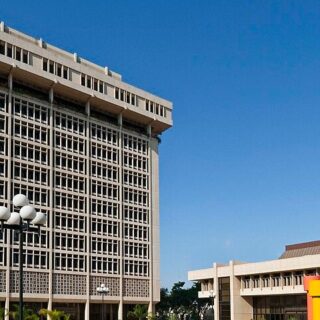The executive board of the International Monetary Fund (IMF) concluded its 2025 Article IV consultation with Belize (Government of Belize) on September 10, 2025, according to a press release issued by the fund. The report notes that after a period of post-pandemic recovery, economic growth is expected to slow, and inflation has continued to decelerate.
Following a significant expansion of 30.6% between 2021 and 2023, Belize’s real GDP grew by 8.1% in 2024, a result of developments in the country’s tourism, trade, and transport sectors. Inflation has also moderated, falling to 1.0% in May 2025 from 4.0% in May 2024. This performance, along with government expenditure control and a recovery in revenues, led to a sharp decrease in the public debt-to-GDP ratio, which dropped from a peak of 103.3% in 2020 to 61.1% in 2024. A debt-for-marine protection swap and a negotiated discount on debt with the Petrocaribe alliance aided this.
The IMF staff projects that real GDP growth will decelerate to 1.5% in 2025, largely due to a slowdown in tourism and weak agricultural sector performance. Growth is expected to converge to its medium-term potential of about 2% annually. Inflation is also projected to converge to 1.3% as external pressures from trading partners and global oil prices weaken.
The IMF’s Executive Board highlighted the need for the country to implement further measures to reduce public debt to 50% of GDP by 2030. The directors emphasized that achieving this target would require additional fiscal consolidation and structural reforms. The fund’s key policy recommendations for Belize include:
Fiscal Policy: Enhanced revenue mobilization and a reprioritization of current spending, focusing on making room for social programs, crime prevention, and infrastructure. The IMF recommends establishing a medium-term fiscal framework to improve credibility.
Financial Stability: Continued accumulation of international reserves to strengthen the credibility of the currency peg. Directors also called for the operationalization of the Deposit Insurance Act to enhance the financial safety net.
Growth and Resilience: Measures to address structural barriers, increase female labor force participation, and improve the business climate. The report also stressed the importance of enhancing the country’s resilience to natural disasters.
IMF meetings. Photo credit: IMF/Facebook.







